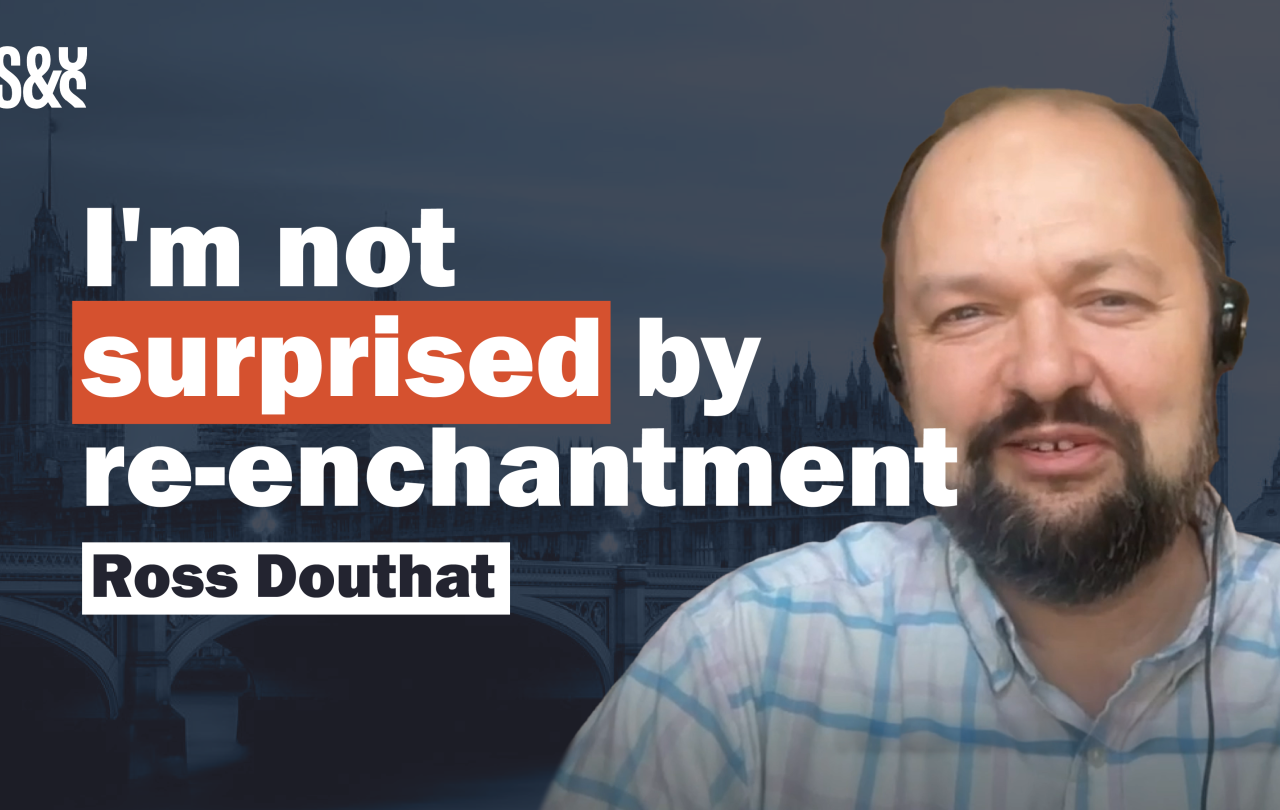
Why are the Creeds so dull? To many, they have the intellectual depth and emotional appeal of hastily written shopping lists. Their leaden and impenetrable statements seemed to point to a cold, dead orthodoxy which has nothing to say to a fast-changing world. During my own phase as an atheist, I saw the creeds as top-down authoritarian attempts to trap people within a narrow and restrictive view of the world. I objected to being told what to think; I wanted to find things out for myself.
My outlook on life changed while I was a student at Oxford University in the early 1970s, as I began to appreciate for the first time the intellectual and imaginative appeal of Christianity. The Creeds themselves had nothing to do with this transition, which came about through conversations with intelligent and reflective Christians. This helped me grasp the vision of what lay at the heart of Christianity – something that could not be reduced to words or slogans, but which gave birth to a new way of living and acting. This seemed to be a million miles away from the arcane declarations of the Creeds. But as time passed, I began to see the Creeds in a new way. Let me explain.
The way we imagine the world – whether socially, morally, politically or religiously – needs to be expressed.
Back in the 1980s, the Canadian philosopher Charles Taylor introduced his idea of “articulation”. Every attempt to live a good life or develop a viable moral system depends on a set of background assumptions which need to be identified and put into words. “Articulation” is about the “bringing to light of that which is unspoken but presupposed”. Taylor’s point is that we need to put into words the grander vision of reality which shapes the way we think and live, despite the obvious inability of words to do justice or fully express this vision. The way we imagine the world – whether socially, morally, politically or religiously – needs to be expressed; yet that very act of expression both diminishes and restricts that vision, precisely because it is a rich imaginative reality that cannot be reduced to words.
It is this vision of faith which engages, inspires and motivates believers, not its verbal articulation in the Creeds.
The Creeds are thus an articulation of the core vision of faith. (The Apostles’ Creed is thought to have emerged gradually within Christian communities, particularly in Rome, apparently in response to the need for brief personal articulations of faith at baptism.) It is this vision of faith which engages, inspires and motivates believers, not its verbal articulation in the Creeds. If this vision is to be effectively expressed in words, it will use the language of poetry, capable of engaging the imagination and emotions. Perhaps this helps us understand why some of the Church’s best-loved theologians were poets (think of John Donne, or George Herbert). We need verbal articulations of faith, yet too easily misunderstand these as defining the essence of faith when they are actually signposts to its core vision.
Thinking of Creeds in this way allows us to see them as expressing frameworks of exploration and discovery. Rather than presenting us with a set of verbal formulae as “givens”, the Creeds point to a rich landscape that we can explore, identifying its landmarks that deserve our attention. They are like guidebooks, telling us what to look out for – and thus countering our natural tendency to limit ourselves to the familiar by pointing out what we have yet to discover.
Yet the Creeds are not themselves the agents of discovery. If the Christian faith can be compared to a landscape, then its best guides are those who live there, having internalized its features and incorporated them into their lives. There is a necessary and proper synergy between the statements of the Creeds and the personal experiences of Christians. The Creeds map the landscape of faith; yet individual Christian believers are best placed to explain and unpack its features, and the difference that this makes to their lives. The primary witnesses to the vitality of faith are thus ordinary Christians, who can connect the landmarks of faith with their personal journeys of discovery and living out their faith.
At times, those personal narratives may express the excitement of a new way of seeing the world; at others, they may concern how faith enables individuals to cope with uncertainty, trauma, loneliness, and death. The Creeds cannot (and do not) make those connections; they can, however, provide a framework for exploring and understanding how faith changes lives and shapes personal worlds, in dialogue with those who have made those discoveries, and can express them in their own words and ways. The Creeds cannot tell anyone what it means – or feels like – to believe in God. Yet they make room for individual believers to tell their stories, amplifying and embodying the terse and otherwise opaque creedal statements.
The Creeds, at first sight, at least, may indeed be dull – but their significance lies in the landscape to which they point. Far from trying to limit us, they are seeking to expand our vision by pointing to a greater reality that lies behind and beneath them.





